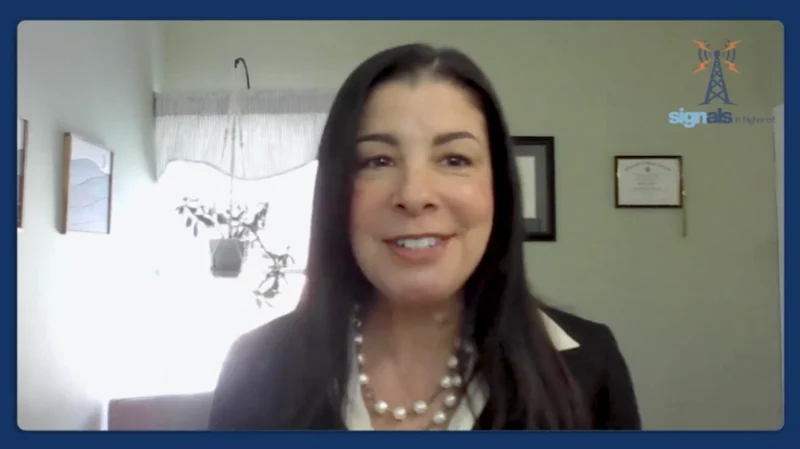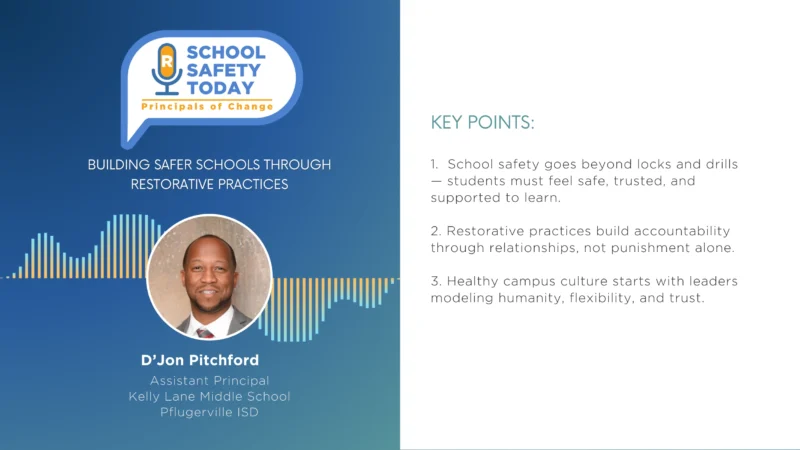Why Is Video Surveillance the First Frontier for AI in Security?
Video surveillance has long been the backbone of physical security, but with the integration of artificial intelligence, it’s becoming the first frontier for meaningful innovation. Chuck Wilson, Chairman of Technology, alliant; CEO Emeritus, National Systems Contractors Association, explains why AI is reshaping this space faster than any other.
At the core of the shift is scale. A typical school district or campus may have hundreds of cameras, but only a handful of staff or monitors to review live footage. Human oversight alone can’t keep up with the volume. AI bridges that gap by analyzing thousands of images in real time, flagging risks, and supporting proactive intervention. Through active learning tools and synthetic data, systems can be trained to recognize patterns—from unusual movements to potential threats—long before an incident escalates.
This capability extends beyond detection. With AI-powered predictability tools, schools and organizations gain enhanced risk classification and situational awareness. The goal is to not only detect threats, but also deter and delay them—buying precious time to respond. Importantly, Wilson emphasizes that human interaction remains essential. AI doesn’t replace judgment; it augments it by filtering noise and surfacing what matters most.
In the broader landscape of security, video is the clearest starting point for AI adoption. It’s visual, it’s immediate, and it directly impacts safety outcomes. As Wilson notes, this convergence of technology and human validation is a tremendous opportunity to create safer environments for schools, businesses, and communities alike.




